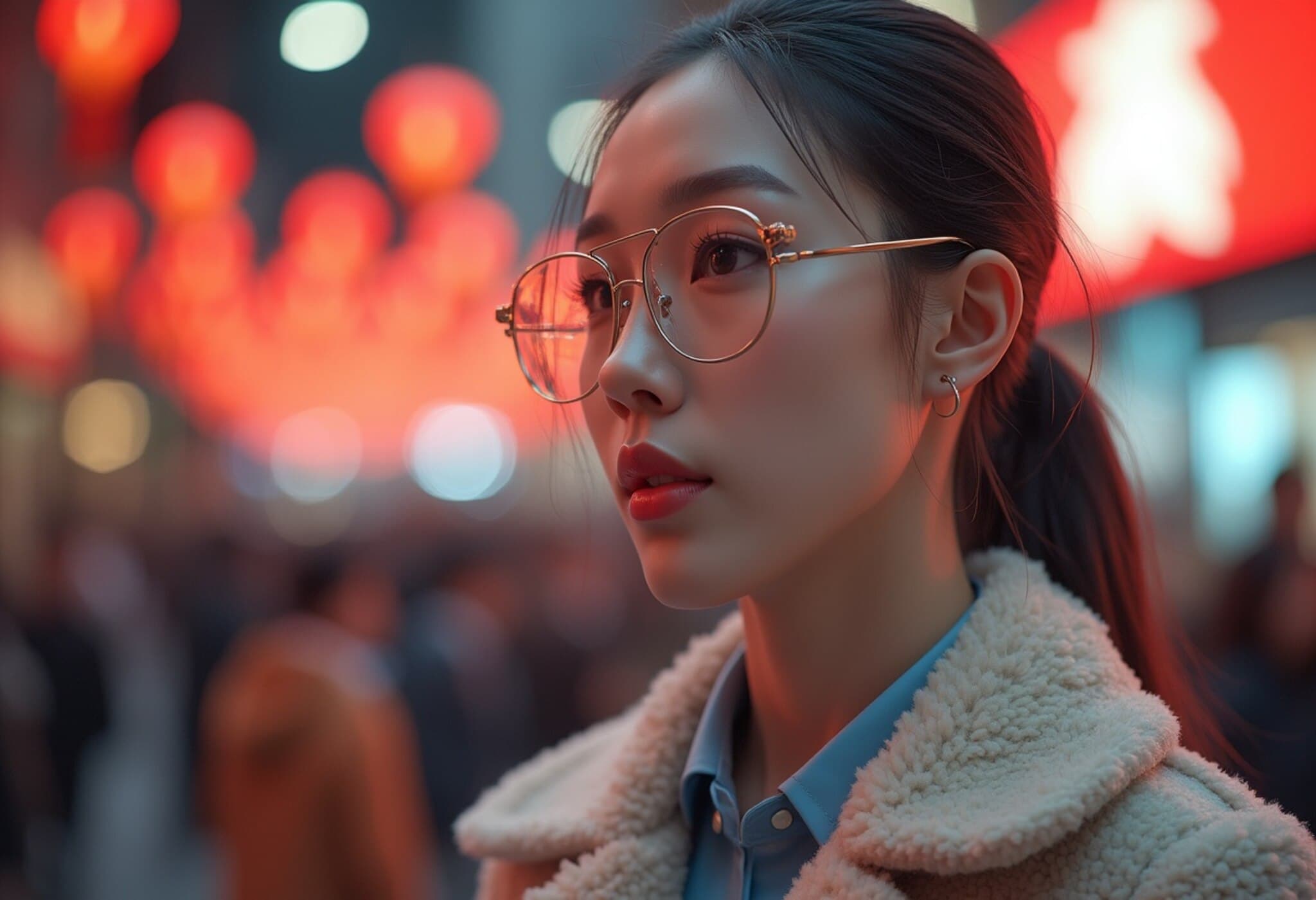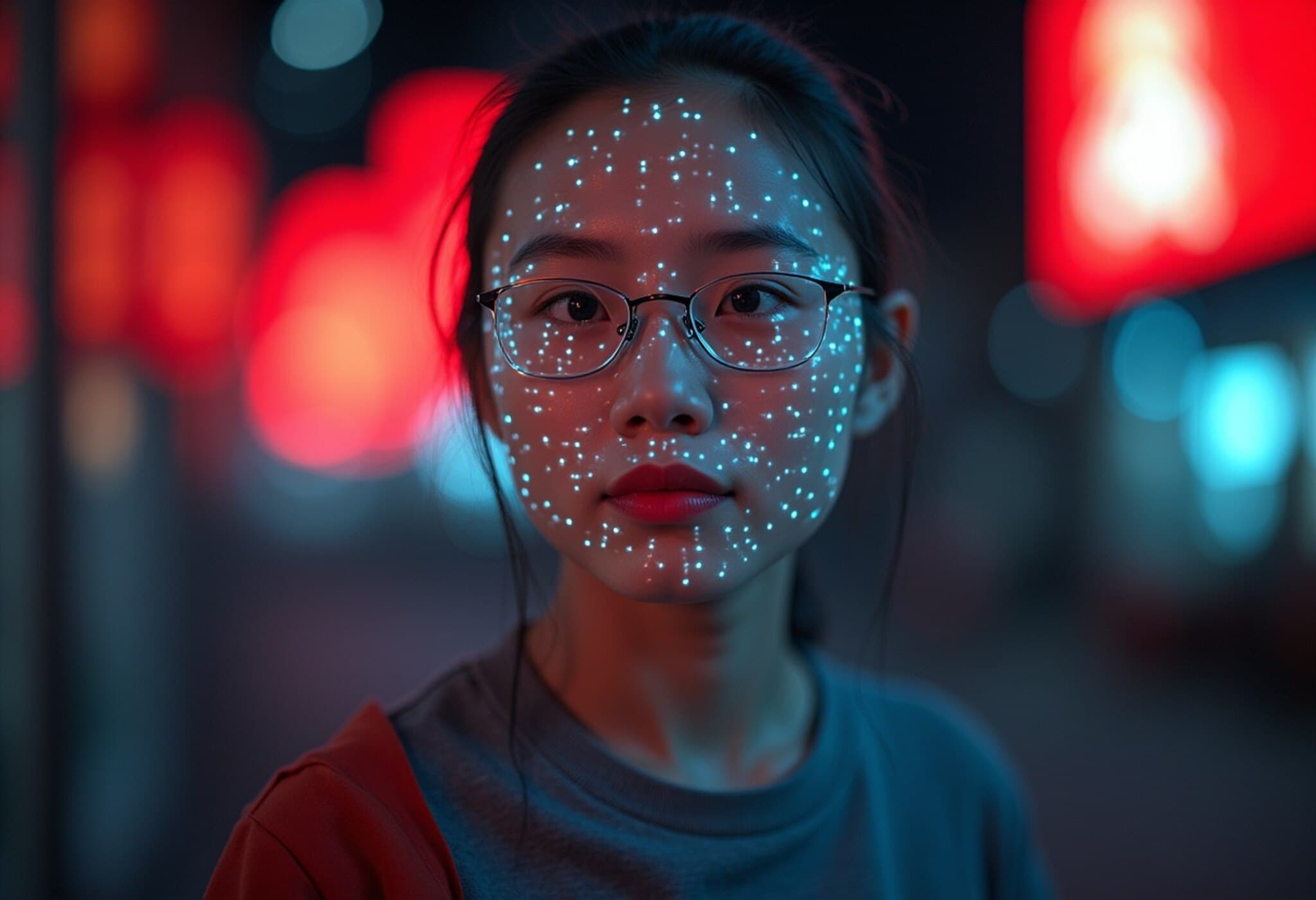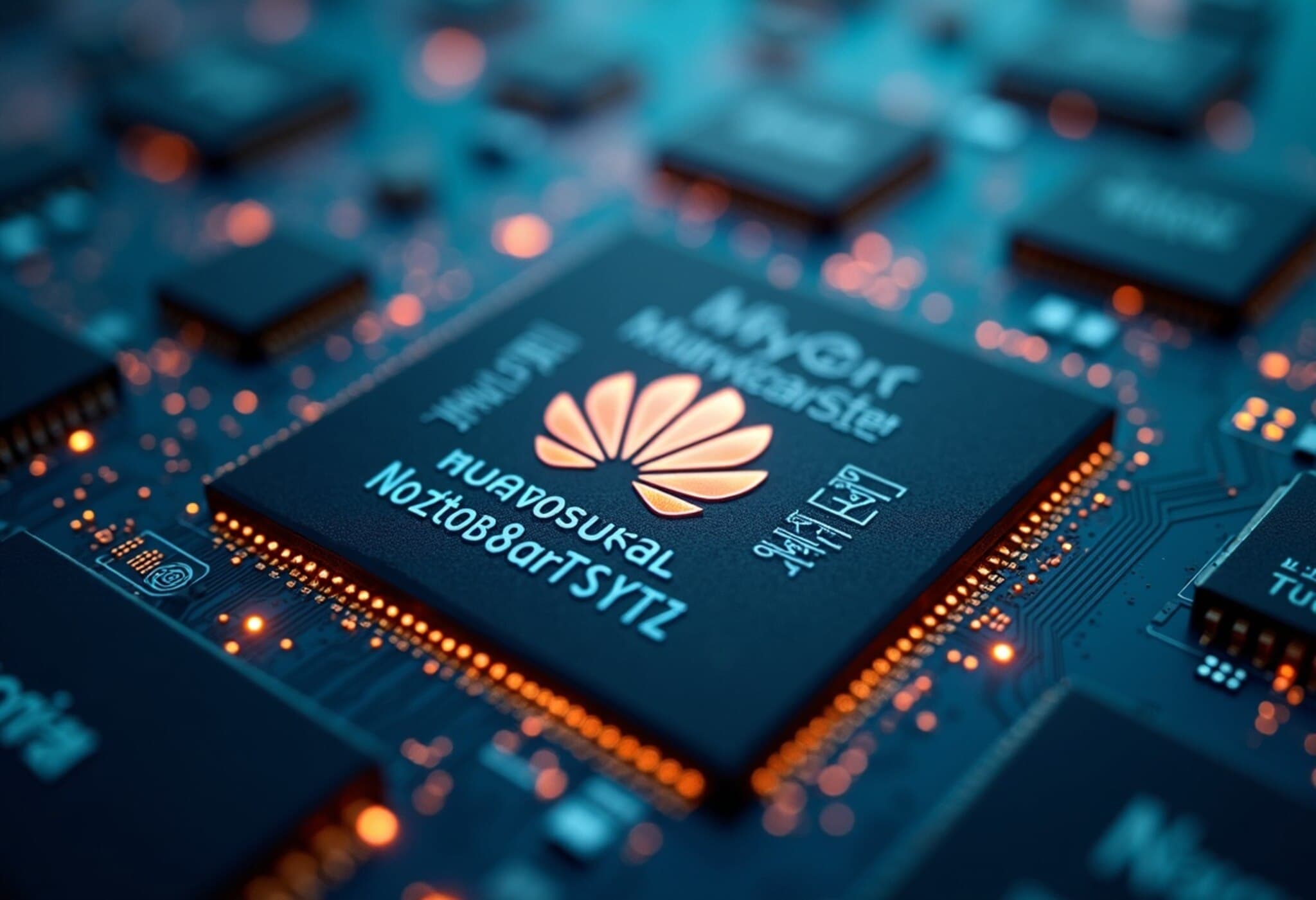AI Avatars Surpass Human Influencers in China’s Livestream Market
In a striking demonstration of today's technological advances, a pair of AI-driven digital avatars in China generated over $7.6 million in just seven hours of livestreaming—a figure that eclipses earnings achieved by their human counterparts.
Virtual Hosts Break Revenue Records
On June 15, 2025, entrepreneur and livestreaming veteran Luo Yonghao, together with co-host Xiao Mu, transformed their approach by leveraging interactive digital avatars based on Baidu’s advanced generative artificial intelligence model. These avatars hosted a marathon session on Baidu’s e-commerce livestreaming platform, Youxuan, engaging audiences in real-time over six hours.
According to reports, the digital session amassed $7.65 million in sales, a marked increase compared to Luo's prior livestream on the same platform the previous month, which lasted just over four hours and generated significantly fewer orders across categories like electronics and food.
Breaking New Ground in Digital Human Interaction
Luo, whose popularity in China’s livestream space dates back to 2020, described the experience of using virtual human technology as “a bit dazing,” openly expressing amazement at the digital avatars' persuasive power. His livestream following on ByteDance’s Douyin platform boasts nearly 25 million fans, emphasizing his status as a top-tier influencer.
The avatars were developed by Baidu’s AI system, trained extensively on five years of video footage to mimic the presenters’ unique humor, style, and delivery, effectively replicating their persona with uncanny accuracy.
Why AI Avatars Are the Next Big Thing in E-Commerce
An expert leading research at Luo’s affiliated firm highlighted this event as a pivotal moment for China’s entire livestreaming and digital human industries. The use of AI avatars offers businesses multiple advantages:
- Significant cost reductions, eliminating the need for elaborate production crews or studios.
- Uninterrupted broadcasts, since digital avatars do not require breaks.
- Ability to scale quickly and target diverse audiences, potentially in multiple languages.
Although initial skepticism surrounded virtual presenters in the livestream space, recent technological improvements have closed the gap, producing markedly more engaging and human-like interactions.
The Booming Market of Livestream E-Commerce in China
Livestream shopping has seen explosive growth following the pandemic, with more users turning to interactive streams for product discovery and purchases. Platforms like Douyin have leveraged this trend, surpassing traditional e-commerce giants to claim the position of China’s second-largest online marketplace. Major players including JD.com and Alibaba’s Taobao have also integrated livestream capabilities into their sales ecosystems.
Meanwhile, companies such as Tencent are advancing the development of digital personas for promotional use. Last year, the adoption of AI-generated hosts during key retail events such as Singles Day signaled a broader industry shift.
The Road Ahead: Challenges and Opportunities
While the technology underpinning AI avatars has matured rapidly, regulatory compliance and platform policies remain critical hurdles. Virtual influencers must adhere strictly to advertising standards, and different platforms enforce varied rules about broadcast permissions for digital hosts.
For example, Douyin currently restricts certain AI-driven content, particularly where avatars do not engage authentically with viewers. Nonetheless, experts anticipate that virtual livestreaming will soon become a standard practice, with potential for seamless multilingual broadcasts reaching global audiences.











